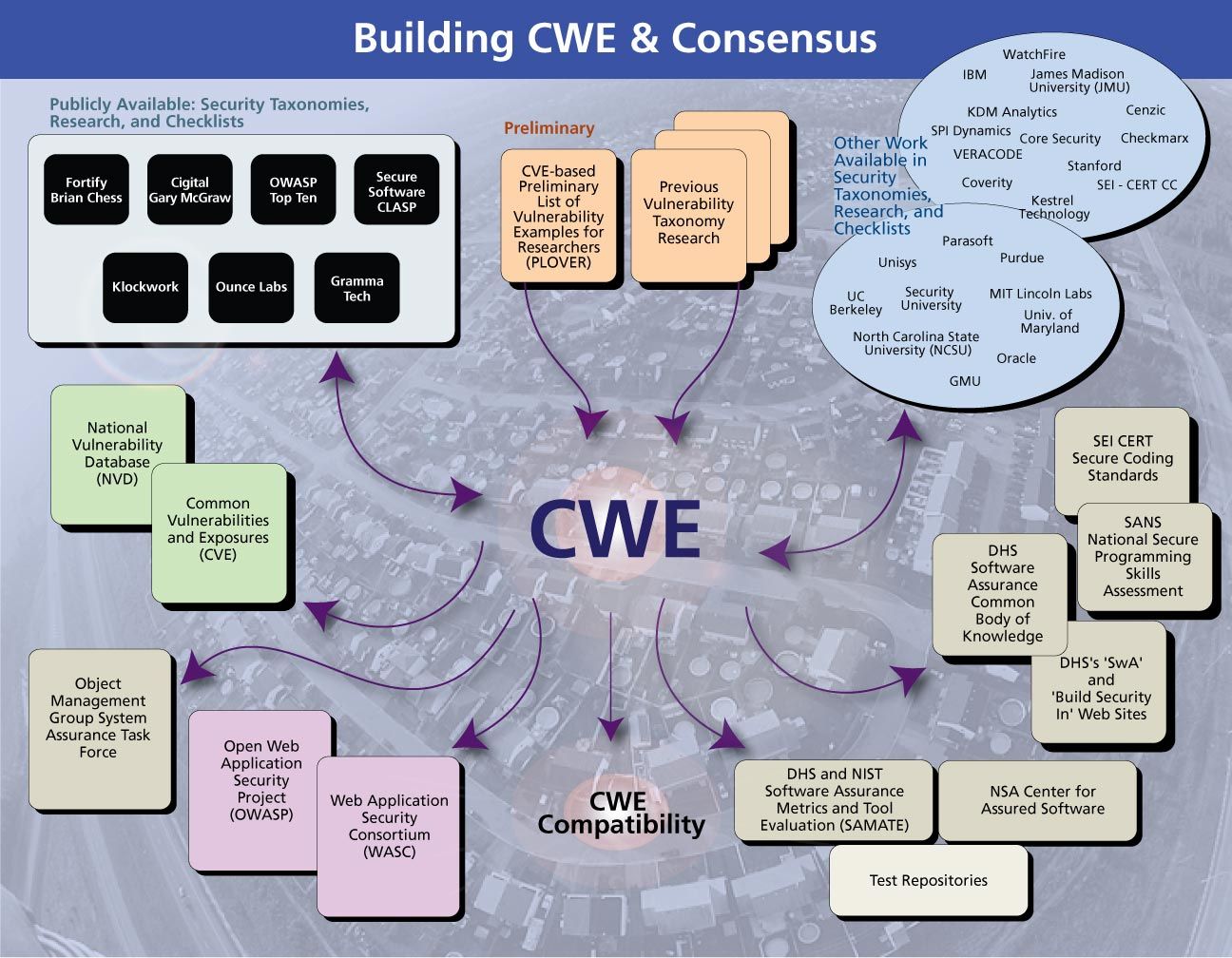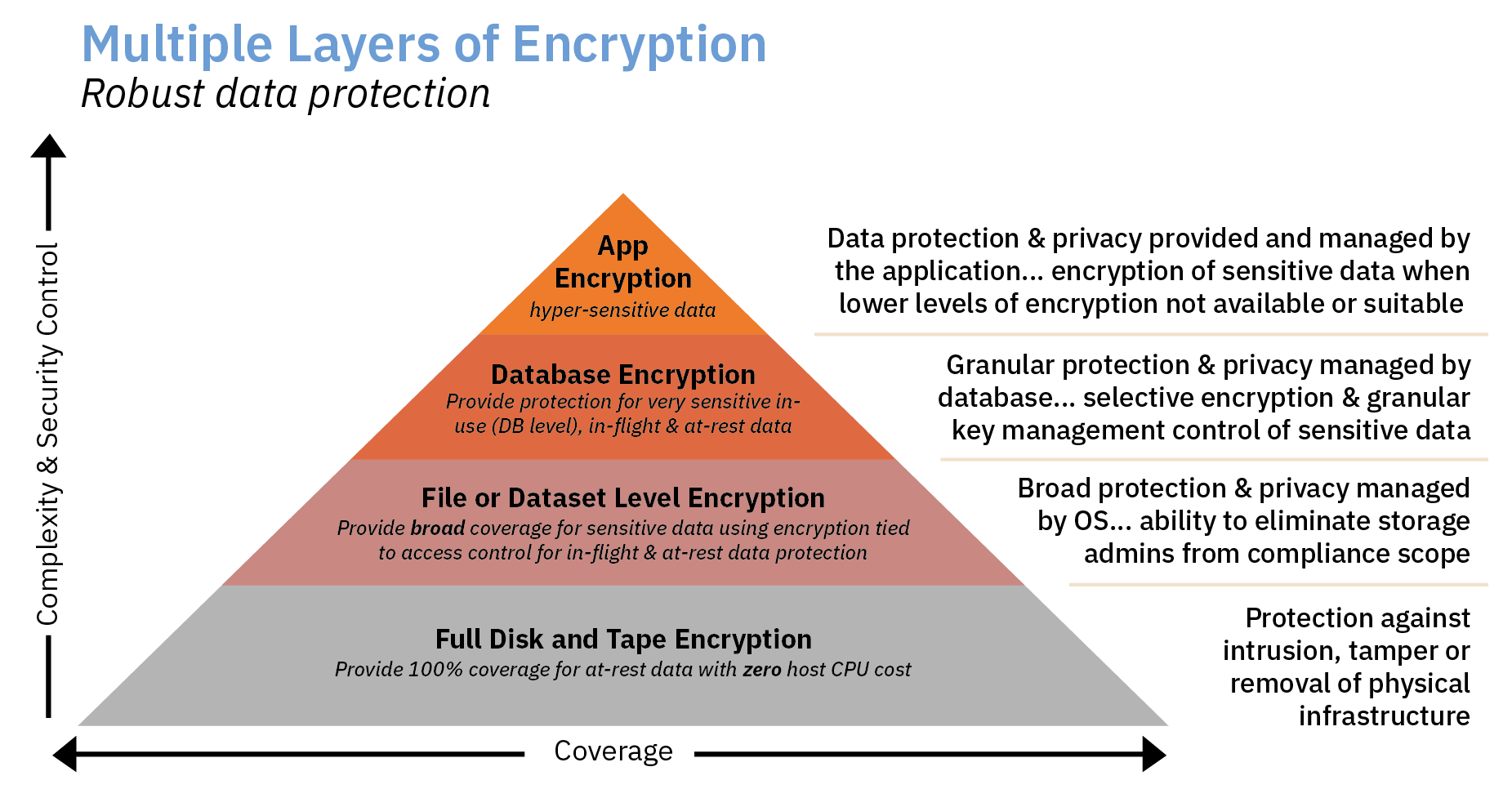Securing Your Data: Which Files Should You Encrypt?
In an era where data breaches and privacy concerns are prevalent, encrypting sensitive information has become increasingly important. Encryption is a process that transforms data into a coded format, making it unreadable to unauthorized individuals. But which files should you encrypt to ensure maximum protection? In this article, we will explore the types of files that you should consider encrypting to safeguard your data.

Building CWE and Consensus
1. Understanding Encryption
a. What is Encryption: Encryption is a method of converting data into a secret code to protect it from unauthorized access. It involves using cryptographic algorithms to scramble the data in a way that can only be deciphered with the correct decryption key.
b. Importance of Encryption: Encryption provides an additional layer of security, ensuring that even if data falls into the wrong hands, it remains unreadable and unusable.
2. Personal and Financial Information
a. Personal Documents: Files containing personal information such as identification documents, passports, and social security numbers should be encrypted. This prevents identity theft and unauthorized access to sensitive data.
b. Financial Records: Financial documents, including bank statements, tax returns, and investment portfolios, should be encrypted to protect your financial information from being compromised.
3. Medical and Health Records
a. Medical History: Encrypting medical records, including diagnoses, treatment plans, and test results, is crucial to maintaining patient privacy and protecting sensitive health information.
b. Health Insurance Data: Health insurance documents, claims, and payment information should be encrypted to prevent unauthorized access and potential misuse.
4. Business and Intellectual Property
a. Business Plans and Strategies: Encrypting files related to business plans, market research, and proprietary information safeguards sensitive data from competitors or unauthorized individuals.
b. Intellectual Property: Files containing trade secrets, patents, or copyrighted materials should be encrypted to prevent unauthorized disclosure and protect valuable intellectual property.
5. Customer and Employee Data
a. Customer Information: Encrypting customer databases, contact lists, and personal details ensures that customer data is kept confidential, reducing the risk of identity theft and data breaches.
b. Employee Records: Personnel files, payroll data, and performance reviews should be encrypted to safeguard employee privacy and protect sensitive employment information.
6. Passwords and Encryption Keys
a. Passwords and Encryption Keys: It is essential to encrypt files that contain passwords and encryption keys themselves. This adds an extra layer of protection to critical authentication credentials.
b. Encryption Key Management: Properly managing and storing encryption keys is crucial to maintaining the integrity of the encryption process and ensuring the files remain secure.
7. Cloud Storage and File Sharing
a. Cloud Storage: When using cloud storage services, consider encrypting files before uploading them to the cloud. This provides an additional layer of protection, even if the cloud service itself has security measures in place.
b. File Sharing: Encrypting files before sharing them with others adds an extra level of security and ensures that only intended recipients can access the data.

Encrypt indeed
Encrypting sensitive files is an essential step in protecting your data from unauthorized access and potential breaches. Personal and financial information, medical and health records, business and intellectual property, customer and employee data, as well as passwords and encryption keys, are among the files that should be encrypted.
By prioritizing encryption and adopting secure practices, you can enhance data privacy, reduce the risk of identity theft, and maintain the confidentiality of sensitive information. Take the necessary steps to safeguard your files and ensure that your data remains secure in an increasingly digital world.